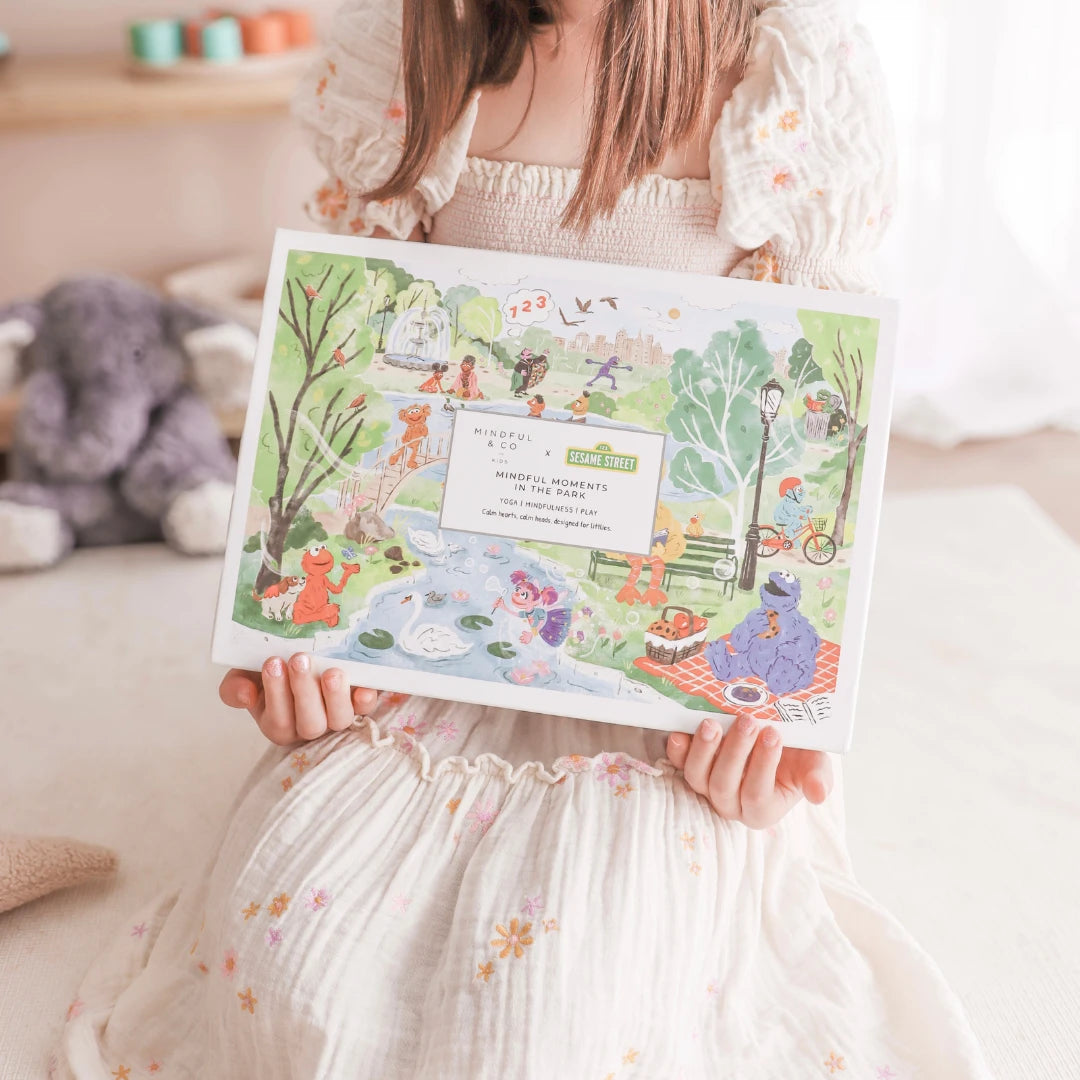When A Woman Becomes A Mother: Why You Need To Know About This Developmental Transformation
Bio: Dr Jennifer Hacker Pearson is a PhD-qualified neuroscientist, psychotherapist, postpartum researcher and mother of 3. She is obsessed with helping women feel happier in motherhood, by sharing science-based information, knowledge and simple neuroscientific tools, so women can psychologically thrive in postpartum.
When a woman becomes a mother: Why you need to know about this developmental transformation, to thrive in motherhood
Even before we have a baby, we are aware that as our child grows, it will go through a developmental transformation. With babies these are measurable, developmental milestones like cooing, crawling and first words.
But did you know that women also go through a developmental transformation as they become mothers?
A mother’s developmental transformation is called matrescence. And even though there are no measurable milestones in matrescence, just knowing this transformation happens to women will help you thrive in motherhood.
My third baby was almost three years old when I first heard about matrescence. Suddenly, so much about my motherhood experience made sense.
This is why I felt different, lost, confused and unsure. This is why my feelings were mixed and contradictory. This is why I wasn’t sure who I was anymore.
Matrescence.
Why are we taught so much about our baby’s developmental transformation but not our own?
Well, I would like to tell you and hopefully it will illuminate your motherhood experience too.
The word matrescence was coined by medical anthropologist Dana Raphael in the mid-1970s. Matrescence (it gets its name to from the developmental similarity it bears to adolescence) is the all-encompassing transition a woman goes through when she becomes a mother. She is transformed physically, psychologically, emotionally, hormonally, socially, and spiritually.
Dr Raphael hoped that the word matrescence would acknowledge the transition from woman to mother, and to normalise, rather than pathologise (regard as psychologically abnormal) the mixed feelings women experience in motherhood.
This is huge! Because the feelings you have in matrescence are huge. And they truly are mixed. And sometimes they are unusual or new to you, or you can’t make sense of them. You may even feel there is something wrong with you.
There probably isn’t!
Matrescence can bring out differing and conflicting emotions and opinions of yourself. You can feel split, between the woman you used to be and the one you are now, while wondering who you are now you’re a mother. That is normal.
Acknowledging this and the mixed feelings that motherhood brings as normal and acknowledging that becoming a mother is a rite of passage, and giving it a name – matrescence - is so so so important because it validates you, it validates how you feel, it lets you know there is nothing wrong with you, and it offers you the opportunity to thrive. This is matrescence.
Matrescence is not linear or measurable like the development of your baby, or even like adolescence is. Every woman will go through matrescence every time she has a baby. And every time it might look different. It has been suggested that matrescence begins when a woman starts thinking about becoming pregnant, and lasts her whole lifetime - because as our children change and enter new phases, you – the mother – will change as well.
My research suggests that the greatest impact of matrescence is experienced from just after you have given birth through approximately the first two-to-three years. So, if you are experiencing matrescence and are wondering whether your feelings are normal, the answer is probably yes.
Examples of the mixed feelings of matrescence include:
feeling up and down
uncertainty
overwhelm
teariness
disconnect
worry and
confusion
While women are navigating these mixed feelings of matrescence, of course she is also learning how to mother her baby, and learning to understand her baby. There is a lot going on. She does not need the confusion and concern about what is going on with her, and why she might be experiencing these mixed feelings. Therefore, it is imperative that all mothers and people who work with mothers have knowledge, understanding and terminology around matrescence, so we can help ourselves and other mothers thrive. For when mothers thrive, their children thrive.
If you would like to know more about matrescence and learn how to thrive in motherhood, take my Write Your Empowered Matrescence Plan course today and tell a friend who is experiencing matrescence, or about to have her baby. Or check out www.DrJen.com.au to learn how to psychologically thrive in postpartum.





